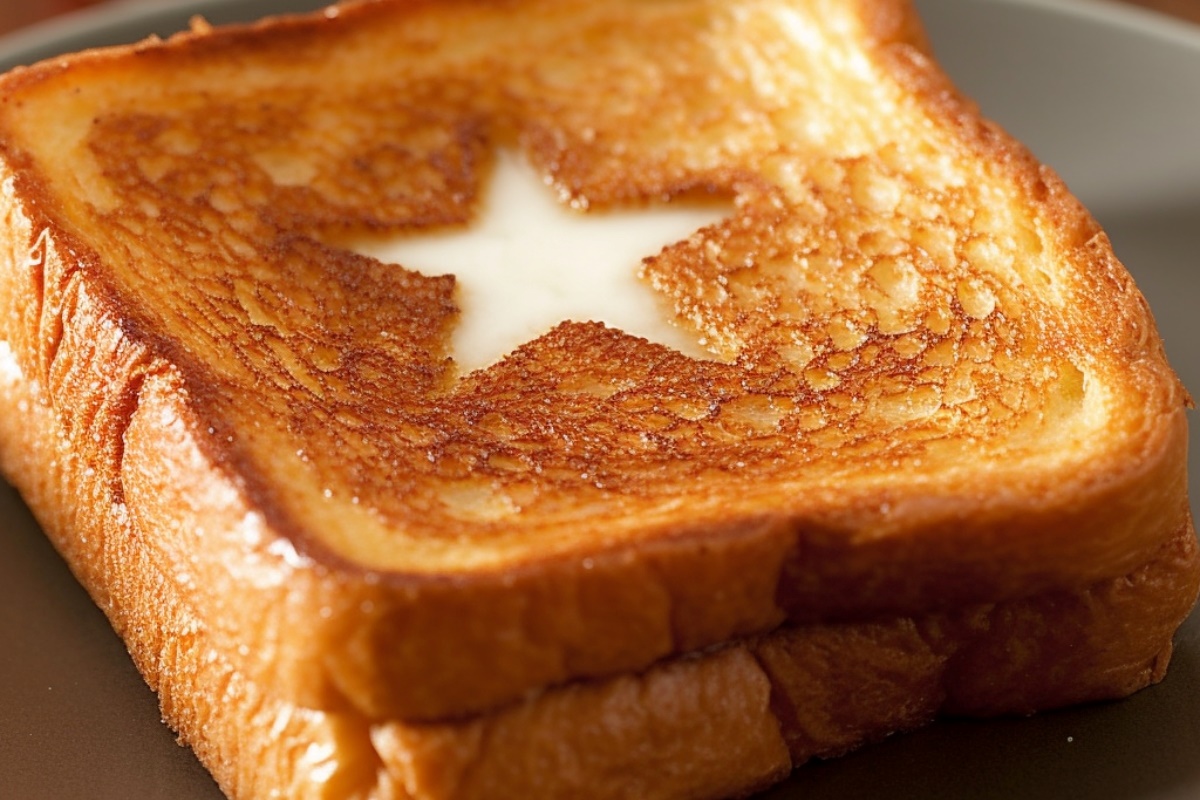
When it comes to culinary delights, few things can compare to the mouthwatering taste and irresistible aroma of Texas toast. This thick, buttery bread has become a staple in many households and restaurants across the Lone Star State. But beyond its deliciousness, have you ever wondered about the nutritional facts of this delectable treat?
In this article, we will explore the 18 Texas toast nutritional facts that you need to know. From its calorie count to its vitamin and mineral content, we will dive into the details and shed light on the health benefits – or possible drawbacks – of indulging in this beloved bread. So, if you’re curious about how this iconic Texas staple can fit into your dietary needs, sit back, relax, and get ready to explore the world of Texas toast nutrition!
Key Takeaways:
- Indulging in Texas Toast can provide a substantial amount of calories, fat, and carbohydrates, making it a hearty addition to your meal.
- Enjoying Texas Toast can contribute to your daily intake of essential nutrients like calcium, iron, and vitamins, supporting overall health and well-being.
Calories
A single slice of Texas Toast contains approximately 180 calories, making it a substantial addition to your meal.
Fat Content
Each slice of Texas Toast contains around 7 grams of fat. This includes both saturated and unsaturated fats.
Carbohydrates
Texas Toast is a great source of carbohydrates, with each slice providing around 23 grams.
Protein
For all the protein lovers out there, Texas Toast offers approximately 5 grams of protein per slice.
Fiber
While not particularly high in fiber, each slice of Texas Toast still contributes around 1 gram of fiber to your daily intake.
Sodium
It’s important to watch your sodium intake, and each slice of Texas Toast contains around 350 milligrams.
Calcium
For strong bones and teeth, each slice of Texas Toast provides approximately 25% of your daily calcium needs.
Iron
Texas Toast contains about 10% of your daily iron requirement per slice, which is essential for oxygen transport in the body.
Vitamin B6
Each slice of Texas Toast offers a small but significant amount of vitamin B6, an essential nutrient for brain development and function.
Vitamin C
A slice of Texas Toast contributes a small amount of vitamin C, which supports the immune system and promotes wound healing.
Vitamin E
Get a boost of vitamin E from Texas Toast, with each slice containing a small amount of this powerful antioxidant.
Vitamin K
Enjoy a slice of Texas Toast for a small dose of vitamin K, which plays a vital role in blood clotting and bone health.
Potassium
Each slice of Texas Toast provides a modest amount of potassium, an essential mineral for maintaining proper heart and muscle function.
Magnesium
Texas Toast contains a small amount of magnesium, which is important for regulating blood pressure and supporting bone health.
Zinc
Enjoying Texas Toast can contribute to your daily zinc intake with a small amount of this mineral, essential for immune function.
Phosphorus
Each slice of Texas Toast contains a small amount of phosphorus, which is crucial for strong bones and teeth.
Riboflavin (Vitamin B2)
Texas Toast offers a small amount of riboflavin, which plays a key role in energy production and maintaining healthy skin.
Niacin (Vitamin B3)
Each slice of Texas Toast contains a small amount of niacin, an important nutrient for metabolism and cardiovascular health.
Conclusion
In conclusion, Texas Toast is a delicious and popular food choice for many. Whether enjoyed as a side with a hearty meal or as the base for a tasty sandwich, Texas Toast offers a satisfying crunch and buttery flavor that is hard to resist. While it may not be the healthiest option due to its high calorie and fat content, it can still be enjoyed in moderation as part of a balanced diet. With a variety of flavors and topping options available, Texas Toast provides a versatile and delicious addition to any mealtime. So, the next time you’re craving a deliciously indulgent treat, don’t hesitate to reach for a slice of Texas Toast!
FAQs
1. What is Texas Toast?
Texas Toast is a type of bread that is known for its thick and hearty slices. It is typically made from white bread and is sliced double the thickness of regular bread slices.
2. How is Texas Toast different from regular toast?
The main difference between Texas Toast and regular toast is the thickness of the slices. Texas Toast is much thicker and denser, resulting in a heartier and more substantial bite.
3. Can I make my own Texas Toast at home?
Absolutely! Making Texas Toast at home is easy. Simply use thick-sliced bread and spread butter or garlic butter on both sides. Toast it in a skillet or oven until it turns golden brown and crispy.
4. Is Texas Toast healthier than regular bread?
Texas Toast tends to have a higher calorie and fat content compared to regular bread due to the extra butter and thickness. However, it can still be enjoyed in moderation as part of a balanced diet.
5. What are some popular toppings for Texas Toast?
Some popular toppings for Texas Toast include cheese, garlic butter, herbs, and spices. It can be used as a base for open-faced sandwiches, bruschetta, or enjoyed on its own as a side dish.
Was this page helpful?
Our commitment to delivering trustworthy and engaging content is at the heart of what we do. Each fact on our site is contributed by real users like you, bringing a wealth of diverse insights and information. To ensure the highest standards of accuracy and reliability, our dedicated editors meticulously review each submission. This process guarantees that the facts we share are not only fascinating but also credible. Trust in our commitment to quality and authenticity as you explore and learn with us.
